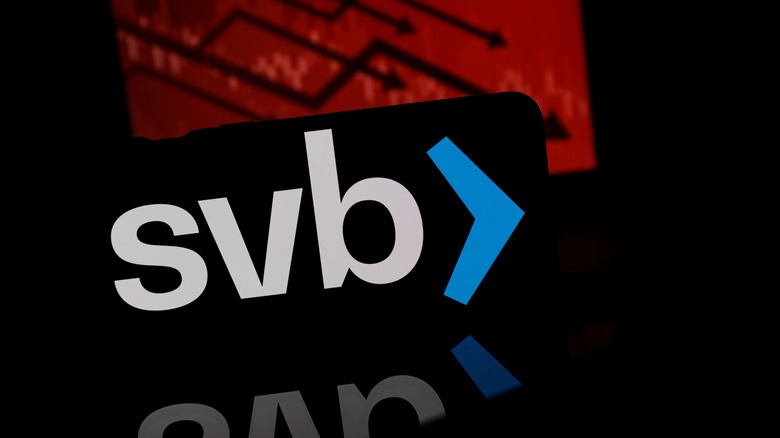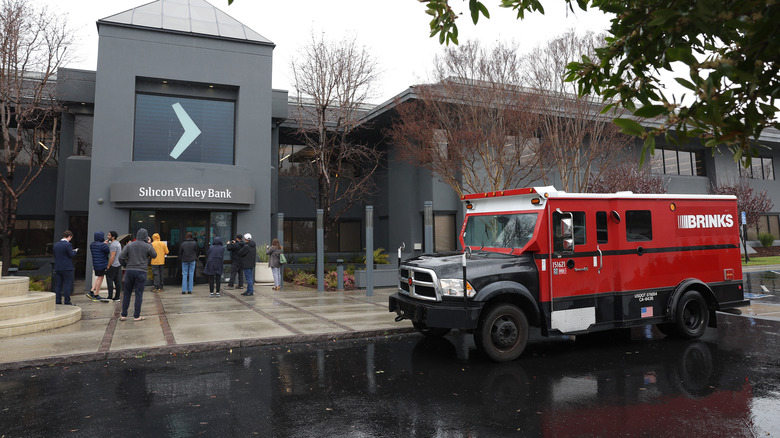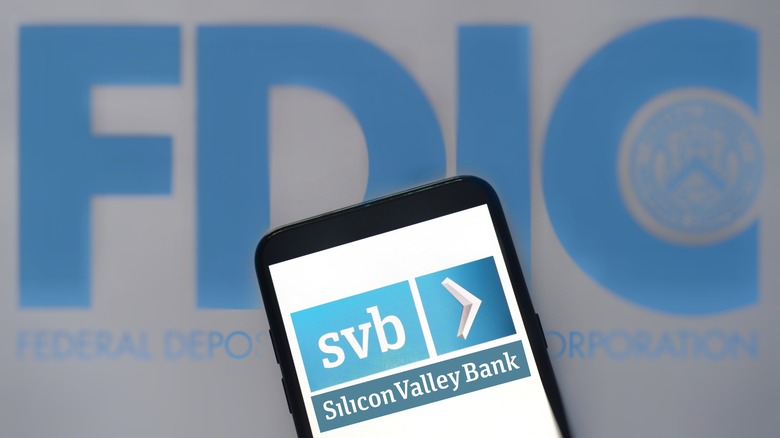The Silicon Valley Bank Collapse Explained: Why It Happened And What Comes Next
Update 3/13/2023: President Biden spoke about the failure of Silicon Valley Bank and New York's Signature Bank this morning, reiterating that taxpayer money won't be used to secure deposits and that investor losses won't be protected. You can read his full speech on the White House website.
It's been a rough few months for would-be disruptors of the financial sector. First, cryptocurrency giant FTX crashed and burned under circumstances of such seemingly flagrant malfeasance that the situation would be funny if it hadn't cost innocent people their life savings. Now, a new challenger has come for FTX's crown in the ongoing contest of Worst At Taking Care of Other People's Money.
Silicon Valley Bank, the 16th-largest bank operating in the United States, has collapsed and is looking at bankruptcy. Should SVB outright bust, it will represent the second-largest bank collapse in American history just behind the fall of Washington Mutual in 2008, which had a non-negligible impact on the subsequent nationwide 2008 to 2009 depression.
Whether such a destructive outcome might follow SVB's collapse remains one of the many open questions the organization has yet to answer. Other such questions include how such a massive failure could have taken place and how to prevent financial catastrophes of this scale in the future. Here's what we know.
What happened to Silicon Valley Bank?
Per the FDIC, Silicon Valley Bank (SVB) was a fully insured institution that, as of March 3, had 18 branches in California and Massachusetts. Founded in 1983, SVB brought an interesting, disruptive approach to the banking business. Instead of maintaining the usual range of individual, corporate, and institutional customers, SVB specialized in managing money for companies funded through venture capital. It became something of a darling among startup corporations, which more conventional banks have historically treated as risky investments.
On March 10, 2023, SVB found out why other banks think startups are risky. A day after Bloomberg published a report claiming that Peter Thiel's Founders Fund had advised companies to get their money out of SVB, customers attempted a withdrawal of $42 billion, roughly a quarter of the assets SVB claimed to possess. Bluntly, SVB didn't have the money. Panic grew as word spread among investors that SVB might not pay off on its deposits. A bank run ensued, and SVB collapsed. At present, that's the state of play. Further details will come out as financial and potentially criminal investigations proceed. So what's next?
What comes next for Silicon Valley Bank and its customers
The first concern following SVB's collapse is simply keeping the lights on for all the customers who banked with SVB in good faith and are now without their money. Silicon Valley Bank was an FDIC-insured bank — that entitles people with insured accounts to a certain degree of government assistance, specifically in the form of shifting deposit obligations to other insured banks capable of managing the load. That assistance could mean the difference between survival and collapse for the dozens of companies that depended on SVB for everything from money management to payroll.
On March 12, the Treasury Department in consultation with President Biden declared a repayment plan to fully compensate all depositors at Silicon Valley Bank. Shareholders in Silicon Valley Bank will not be compensated and senior management at SVB has been removed. Crucially, no part of the financial burden will be borne by taxpayers.
According to the Federal Reserve: "The financing will be made available through the creation of a new Bank Term Funding Program (BTFP), offering loans of up to one year in length to banks, savings associations, credit unions, and other eligible depository institutions pledging U.S. Treasuries, agency debt and mortgage-backed securities, and other qualifying assets as collateral." The Federal Reserve will also be establishing a $25 billion backstop from the Exchange Stabilization Fund but does not expect to need that money.


